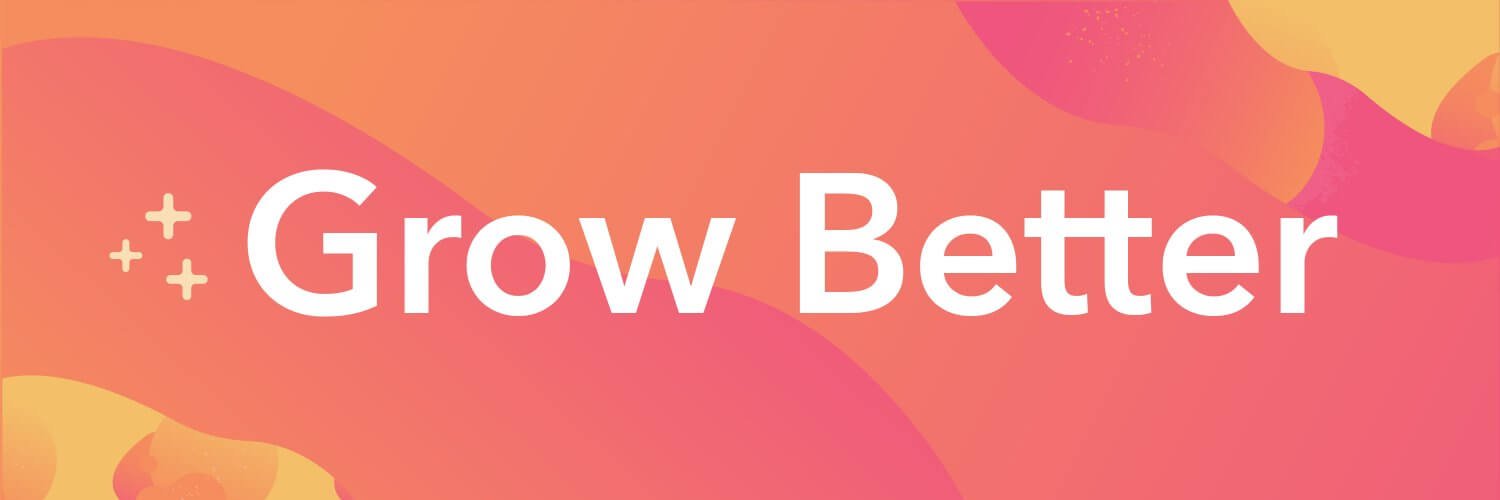Full Review of HubSpot CRM
What is Hubspot?
HubSpot CRM is a widely-used sales management software designed to centralize marketing, sales, and customer service activities. It is particularly popular among businesses looking for an all-in-one CRM that can grow with them. This review will cover its performance, usability, customer support, and overall value, along with practical use cases that demonstrate how HubSpot can fit different business needs. This detailed analysis includes comparisons for the free version, pricing tiers, and its effectiveness for small business CRM and marketing.
Performance Overview
HubSpot CRM integrates various sales management and CRM marketing tools that help users manage customer data effectively. It offers a unified dashboard where users can track leads, sales activities, marketing campaigns, and service tickets in one place. HubSpot’s seamless integration with platforms like Google Workspace, Outlook, and Microsoft 365 makes it particularly effective for sales management software use cases.
For example, using HubSpot’s Sales Hub, small businesses reported a 30% improvement in lead response time by leveraging automation and contact insights. The platform’s real-time updates and smart notifications also help sales teams prioritize hot leads, enhancing productivity.
Usability and User Experience
HubSpot CRM’s usability is a significant reason for its popularity. Its intuitive interface and simple onboarding make it easy for users to adopt, even without technical expertise. The HubSpot Academy provides numerous training modules that help users master CRM features, from basic contact management to advanced sales automation.
The free version is particularly suitable for small businesses or startups. It includes tools for contact management, sales tracking, and basic email marketing, allowing businesses to try out the core features of HubSpot. The CRM’s ability to handle core sales and marketing tasks makes it an excellent entry-level CRM software for small business.
Customer Support
HubSpot provides varying levels of support depending on the plan:
- Free Version: Community forums and access to the HubSpot Knowledge Base.
- Starter and Professional Plans: Email and chat support.
- Enterprise Plan: 24/7 phone support and dedicated account managers.
Customer reviews from sites like G2 and Trustpilot indicate high satisfaction with support, especially for enterprise-level users who receive proactive service to help maximize software efficiency. However, users of the free version have noted limitations due to the lack of direct support channels.
Pricing and Plan Comparison
HubSpot offers a range of pricing plans:
- Free Version: $0 per month, offering basic CRM, email marketing (up to 2,000 sends), live chat, and simple automation tools.
- Starter Plan: $20/month per seat, adding ad management, form customization, and removal of HubSpot branding.
- Professional Plan: $890/month (includes 2 seats), designed for growing teams, offering advanced automation, SEO recommendations, and multi-channel marketing campaign tools.
- Enterprise Plan: $3,600/month (includes 5 seats), including custom objects, advanced reporting, and hierarchical permissions ideal for large organizations.
This tiered pricing ensures that HubSpot remains accessible to businesses of all sizes, from small startups needing CRM software for small business to enterprises that require extensive customization.
Practical Use Cases
Small Businesses
A small e-commerce business used the free version to manage customer relationships, segment contacts, and automate follow-up emails. The ease of use and access to basic CRM tools helped the business boost sales by 15% within the first six months.
Growing Teams
A growing tech company adopted the Professional Plan to improve their sales cycle efficiency. Features like sales pipeline management and email tracking resulted in a 25% increase in conversion rates by allowing sales reps to follow up with leads at the right time.
Enterprise Applications
A large real estate firm implemented HubSpot’s Enterprise Plan to unify their sales, marketing, and customer service teams. With features like custom objects and advanced analytics, they could better understand their customer journey and improve overall satisfaction rates by 20%.
HubSpot CRM: Pros and Cons
Pros:
- All-in-One Solution: Integrates CRM marketing, sales, and customer support functions.
- Scalable Plans: The range from free to enterprise pricing makes it accessible for all business sizes.
- Ease of Use: User-friendly interface, with extensive training resources available.
Cons:
- High Cost for Advanced Features: The Professional and Enterprise plans are expensive, which may be a barrier for some businesses.
- Learning Curve for Complexity: More advanced features require training, particularly for larger teams adopting the Enterprise Plan.
Is HubSpot CRM Worth It?
For most businesses, HubSpot CRM offers strong value, thanks to its scalability, feature depth, and all-in-one capabilities for sales, marketing, and service. Whether it’s for small business CRM needs with the free version or a robust enterprise solution, HubSpot provides a broad set of features that enhance efficiency and customer engagement. The ability to scale, combined with automation and comprehensive integration options, makes it a strong choice for organizations seeking to centralize their CRM activities.
However, for mid-sized businesses that don’t require advanced sales features or complex marketing automation, the price of the Professional or Enterprise tiers might be prohibitive. These businesses might need to weigh whether they will use enough of the features to justify the cost.
Is HubSpot CRM Right for Your Business?
HubSpot CRM is a versatile, user-friendly, and effective sales management software ideal for businesses of all sizes. Its combination of a free CRM, sophisticated sales management, and marketing tools makes it a valuable platform, particularly for growing companies looking to automate and streamline their operations. HubSpot is a sound investment for those needing an all-in-one solution to connect their sales, marketing, and service efforts, although businesses should evaluate their budget carefully for the higher-tier plans.
For more insights, you can explore
HubSpot’s full pricing plans.
